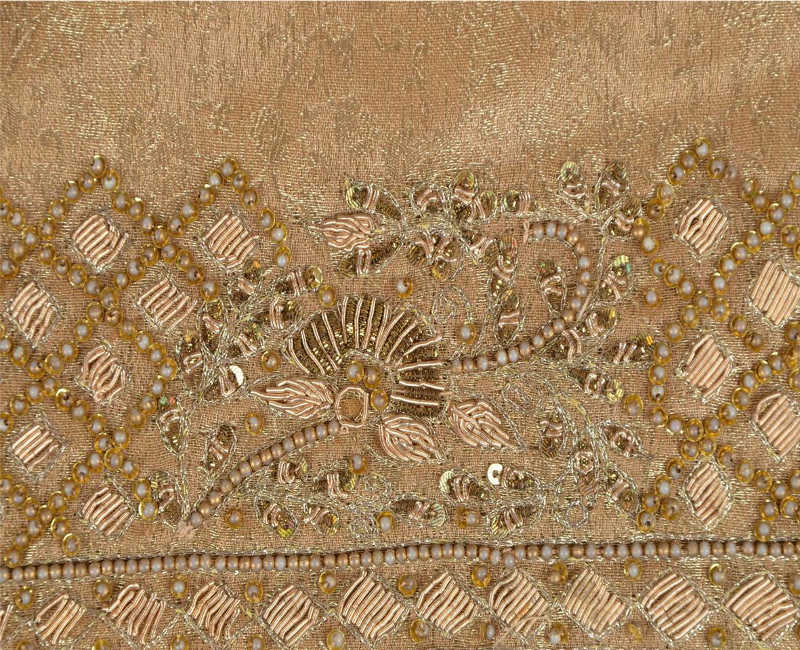===
0088,
3
===

=== |
 |
vahm : 'Thinking, imagining, conceiving (esp. a false idea); —opinion, conjecture; imagination, idea, fancy'. (Platts p.1205)
namuud : 'The being or becoming apparent, visibleness; appearance; —prominence, conspicuousness; —show; —affectation; —display; —pomp; —honour, character, celebrity'. (Platts p.1154)
FWP:
SETS == EK
MOTIFS
NAMES
TERMS == MOOD; THEME-CREATIONNasim's second line has some wonderful sound effects, though-- DAM ko))ii DAM me;N qaDAM-bos-e qa.zaa. The rhythmic 'dam' drumbeats, then the two qa syllables that unite the drumbeat with death.